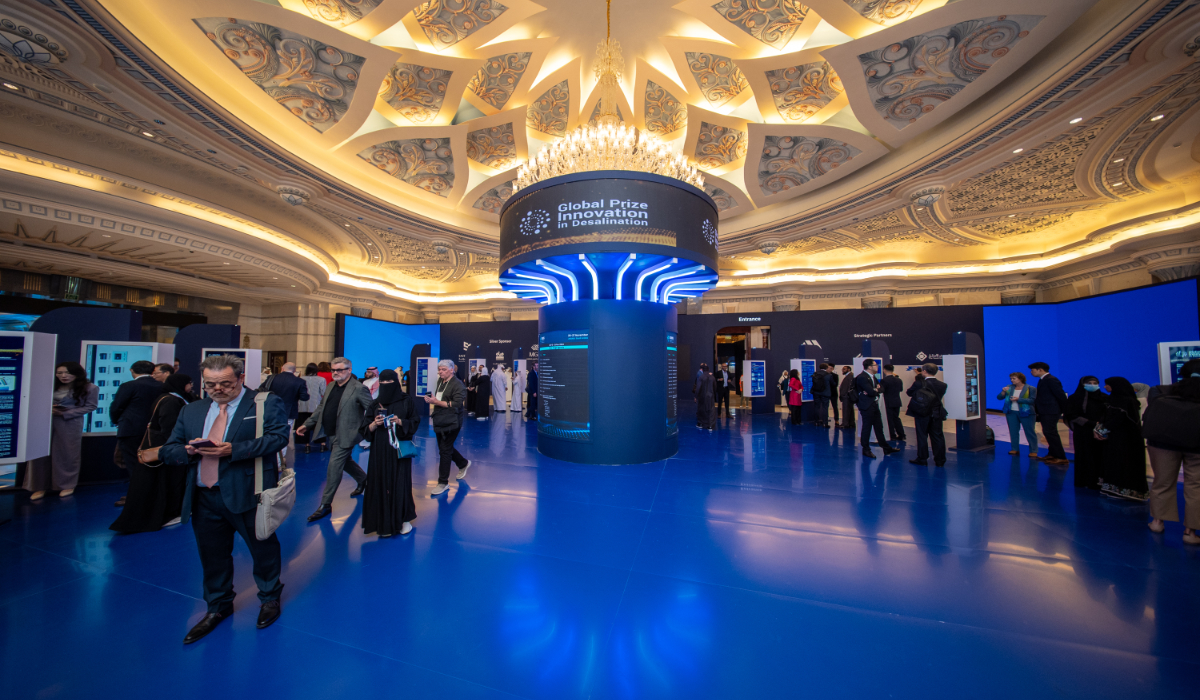MAKKAH: Saudi Minister of Culture Prince Badr bin Abdullah bin Farhan has announced the launch of a scientific project to document and study stone installations in the Kingdom.
Prince Badr, who is also chairman of the board of directors of the Heritage Commission, said that the project was in cooperation with national and international institutions and centers. It is also within the Heritage Commission’s survey and excavation program plan.
The Heritage Commission hopes that the project will be one of the most important model research projects in archaeology in the coming years. It will establish a long-term strategy prepared and implemented by qualified national personnel to add valuable information to the Kingdom’s cultural history.
It comes within the framework of unifying the research efforts of stone installations in the Kingdom, documenting and recording them in the archaeological database and studying them according to a scientific methodology to identify their functional purposes, as well as their time and spatial ranges.
This scientific project will see the participation of researchers and specialized university students.
The project is also expected to document about 500,000 sites to be examined, as the stone installations in the Kingdom have not undergone analytical documentation studies during previous archaeological excavation trips.

The stone installations are architectural evidence for stone buildings of various shapes, functions and time periods. Some of their types across the Kingdom include cemeteries, animal traps with ring circles and stone circles, rectangular stone gates, extended walls and erect columns.
Professor of history and archaeology at the King Saud University, Dr. Abdulaziz Al-Ghazi, said that this was an important project if implemented in a way that includes all published studies and research, as well as what has not been published about the installations’ different types and geography.
“This project needs financial and human power in order to be successful and attract specialized experts in the region,” he told Arab News. “I hope that this draws competent young Saudis who are capable of performing this job. A lot of good information will result from this work.”
Professor of restoration and archaeology, Dr. Abdul Nasser Al-Zahrani, said that the Kingdom was renowned for three archaeological items: Inscriptions, cemeteries and stone installations.
HIGHLIGHTS
• The Heritage Commission hopes that the project will be one of the most important model research projects in archaeology in the coming years. It will establish a long-term strategy prepared and implemented by qualified national personnel to add valuable information to the Kingdom’s cultural history.
• The stone installations are architectural evidence for stone buildings of various shapes, functions and time periods. Some of their types across the Kingdom include cemeteries, animal traps with ring circles and stone circles, rectangular stone gates, extended walls and erect columns.
“The Kingdom is a large mine of stone installations in Khaybar and AlUla, as well as the country’s center, west, south, north and east, all of which teem with tombstones and relics that remain unexcavated,” he told Arab News.
He said that as stone installations had not been studied much to date, this important news would allow the establishment of academic tracks to examine these monuments.
Professor of ancient history, Dr. Salma Hawsawi, said that studying the Kingdom’s history and archaeology was part of national history and witness to the country’s deep-rooted history.
“It is also proof of the Saudis’ awareness about what was left by their ancestors, relics that they are happy to safeguard and showcase to future generations who look forward to knowing the Saudi civilizational heritage, human history and relics,” she told Arab News.
She said that cemeteries have been found in the Kingdom dating back to the Middle Stone Age. “At first, they were about simple practices such as a hole covered with stone slabs. And in later eras they became huge structures, such as the stone cemeteries in AlUla, Tayma, Dumat Al-Jandal, Tabuk and other areas.”

This scientific project will see the participation of researchers and specialized university students.
The archaeological site of Al-Rajajeel (meaning “the Men”) in Al-Jouf is one of the stone pillars that dates back to the fourth century B.C, and is a great stone circle, thought to provide protection from the wind or used as a cemetery, she said.
“Huge stone columns in separate groups were also found in the site, and stone circles — simplified in design, complex or the ones that are part of a village or residence — are spread over the region, such as Al-Qasir and Riyadh,” Hawsawi said.
She said that the aim of the columns differed based on the site where they were found; they were on trade routes as a sign for convoys, and in specific areas as a sign for worship or to identify a region or a cemetery.
According to the professor, traditional architecture in ancient Arabia was predominated by thick walls and small windows to conform with the climate.
“They are usually built with limestone or any available stone such as the houses in Qaryat Al-Faw, which are very similar to the houses in Riyadh later on, near the walls that surround cities, fortresses and bastions such as the Tabuk Castle in the northwest of the country, that dates back to 3,500 B.C, and many other sites,” she said.
Cities that contain many stone structures include Historic Diriyah, Al-Mubarraz in Hofuf, the Al-Qalaa neighborhood in Qatif, Historic Sadous, Historic Jeddah, the Al-Aghwat neighborhood in Madinah, the Hira Cave and the Cave of Thowr in Makkah.































